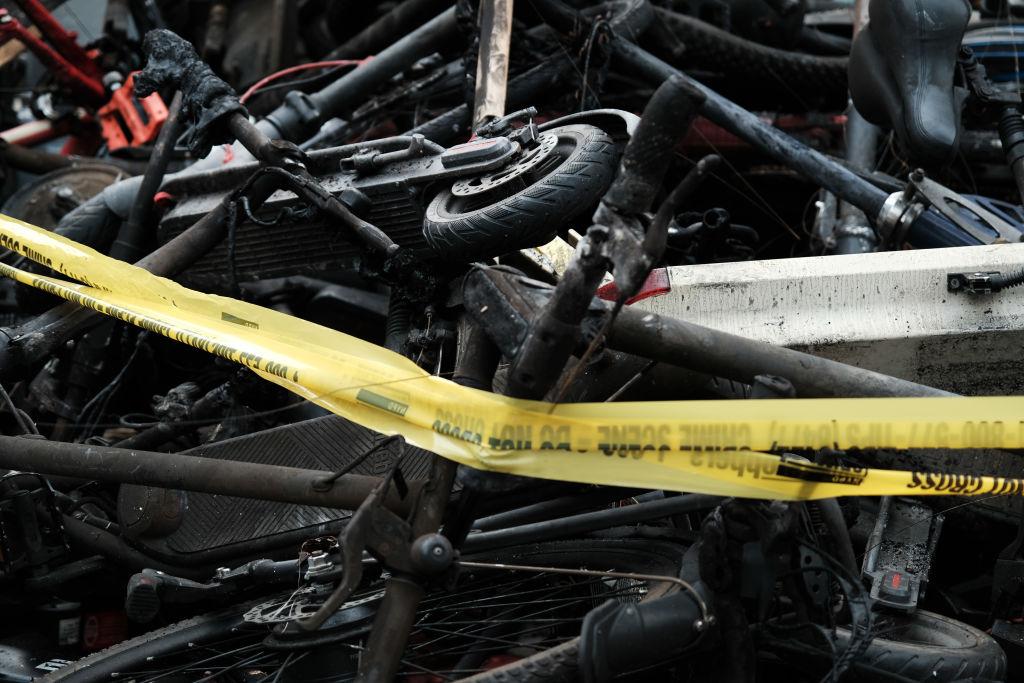Insurance group Suncorp has issued a warning on lithium-ion battery products including e-scooters and e-bikes ahead of Christmas.
The alarm bells were sounded amid a rise in house fires in Australia involving lithium-ion batteries.

Insurance group Suncorp has issued a warning on lithium-ion battery products including e-scooters and e-bikes ahead of Christmas.
The alarm bells were sounded amid a rise in house fires in Australia involving lithium-ion batteries.